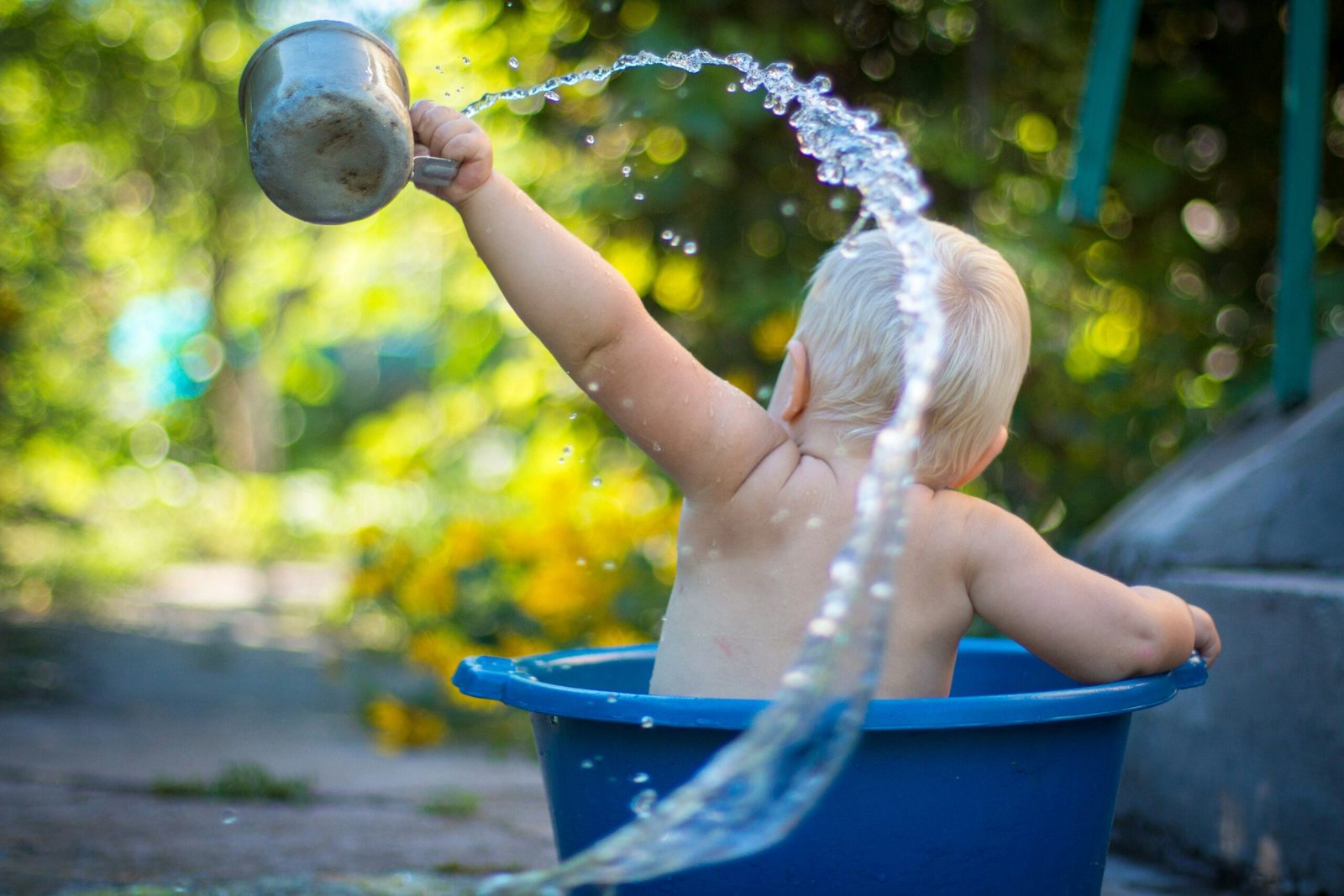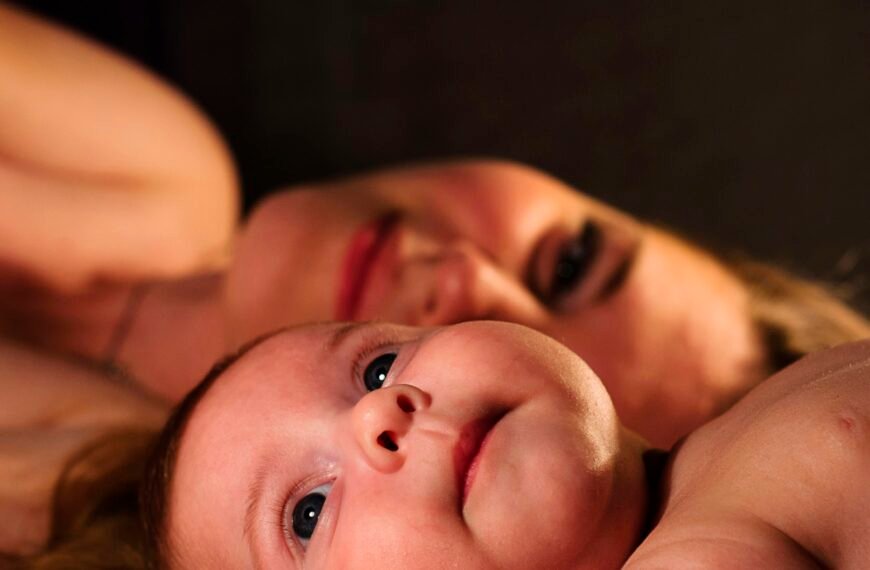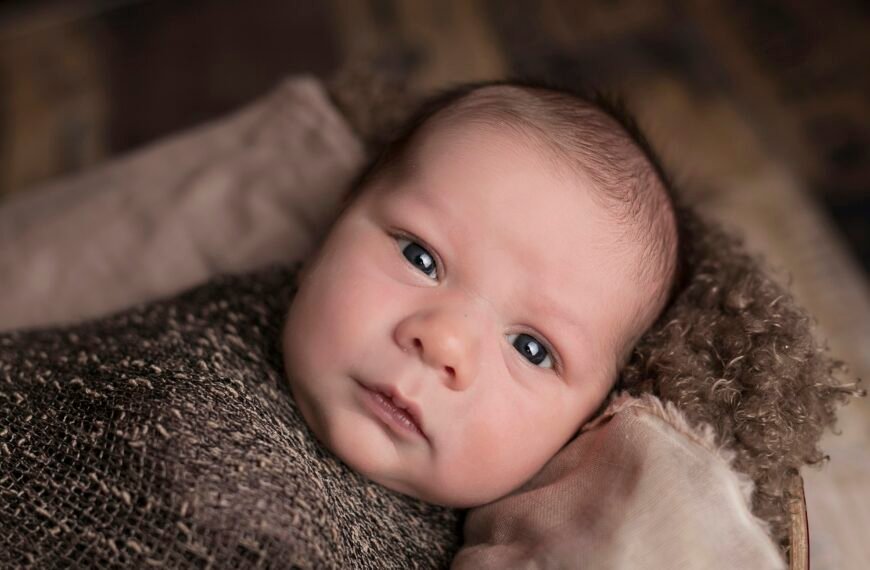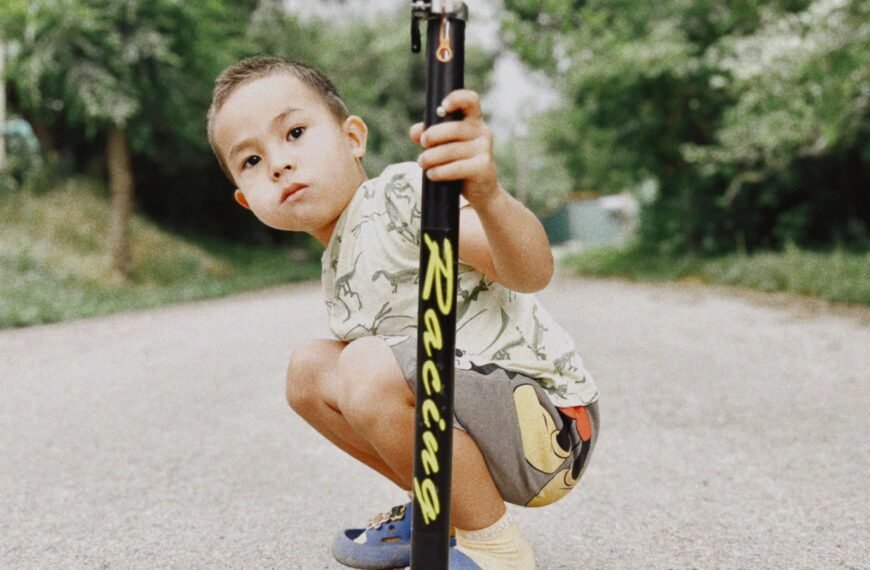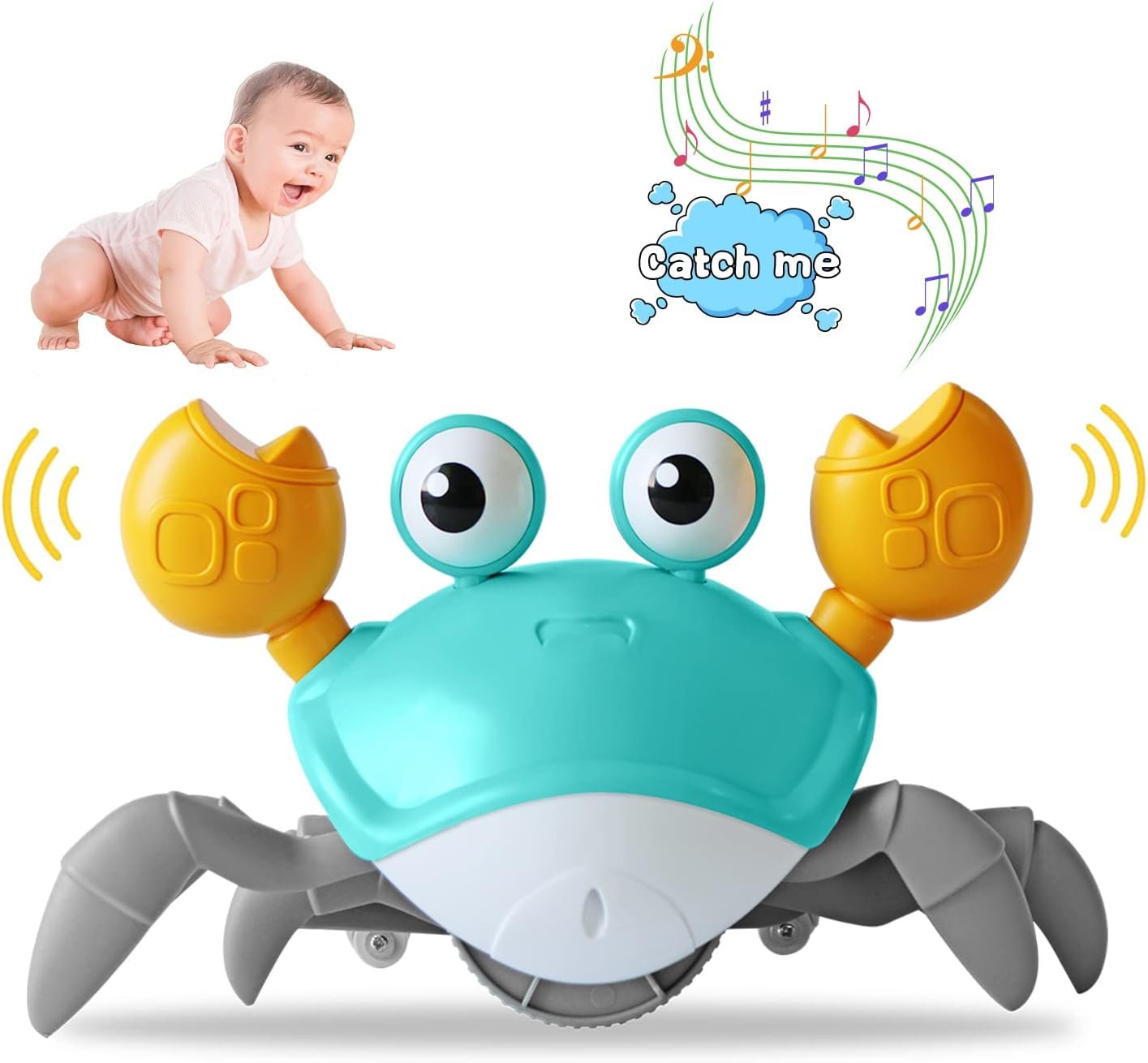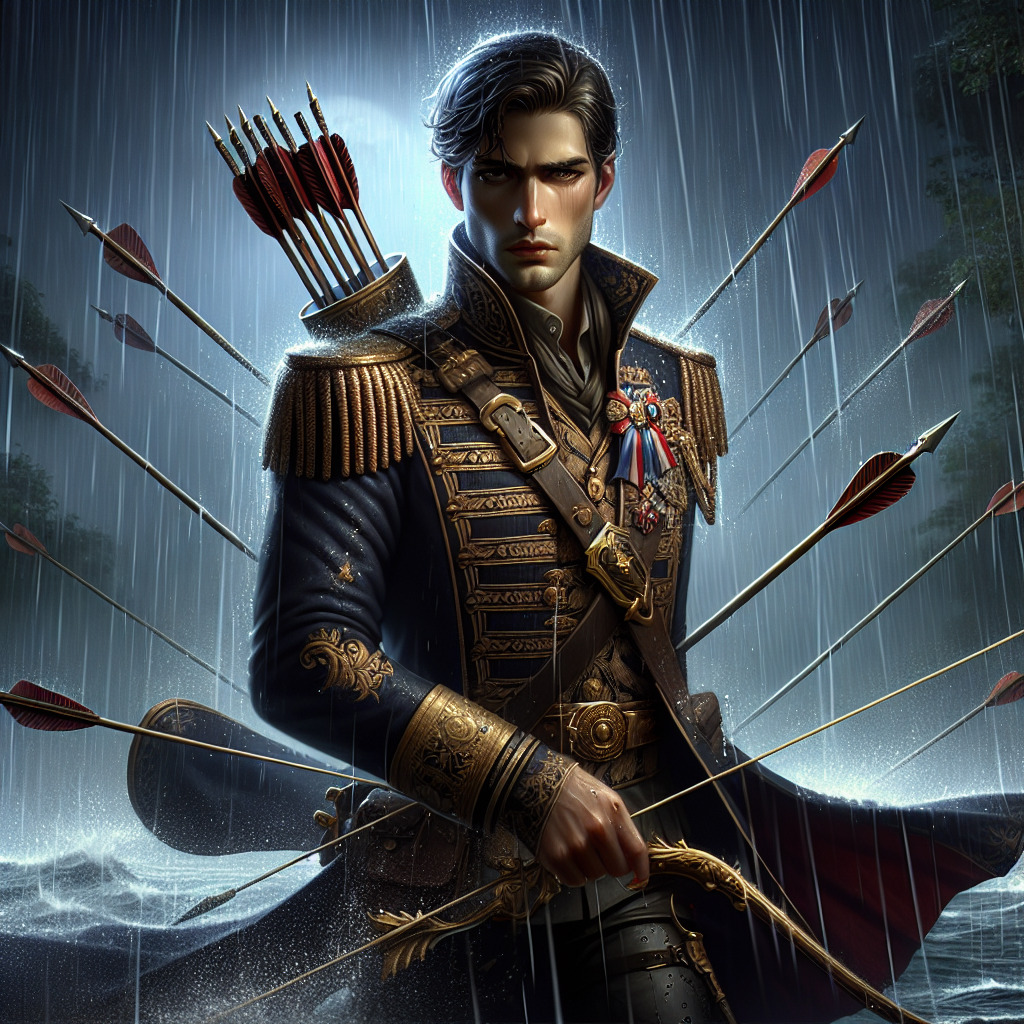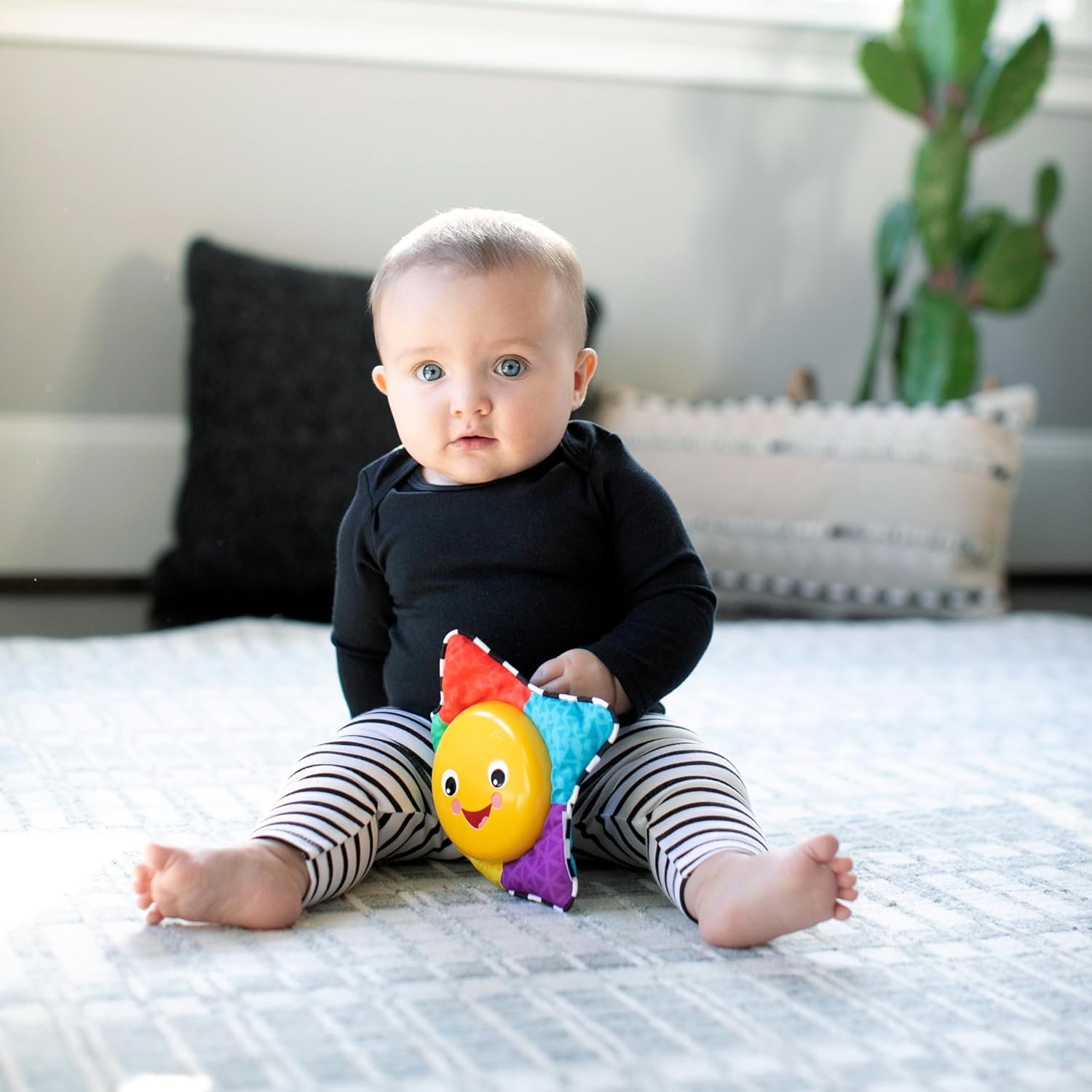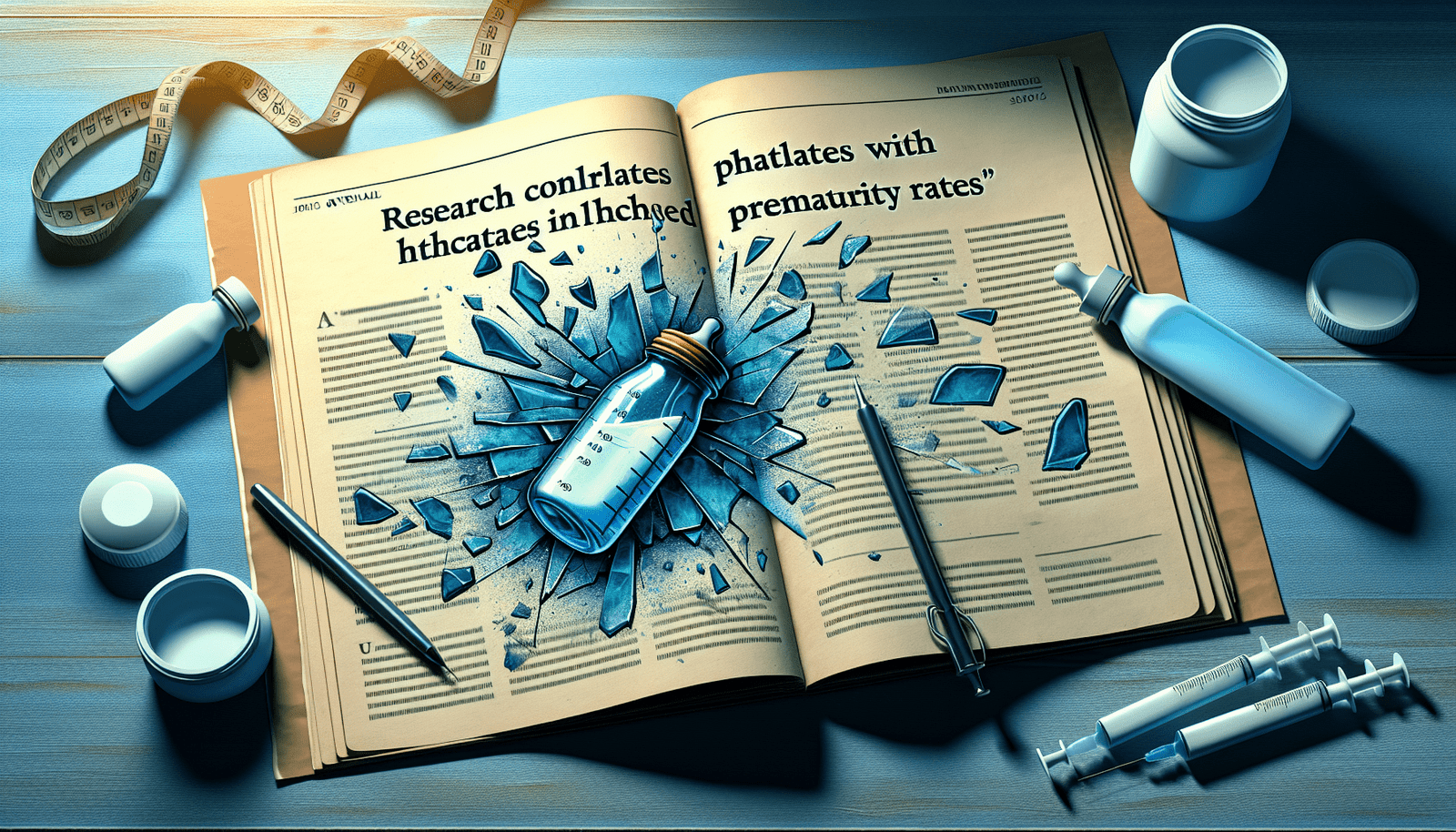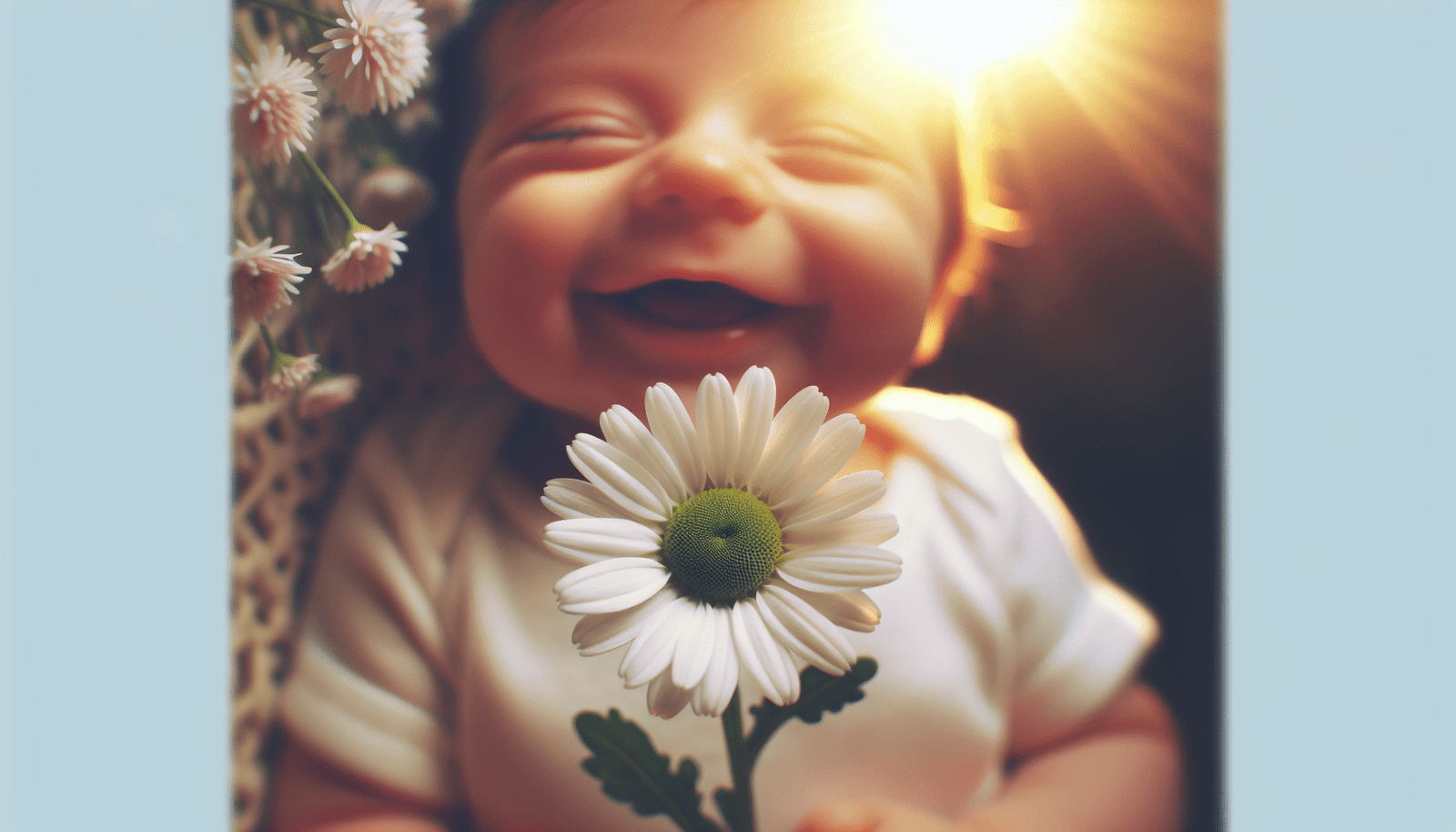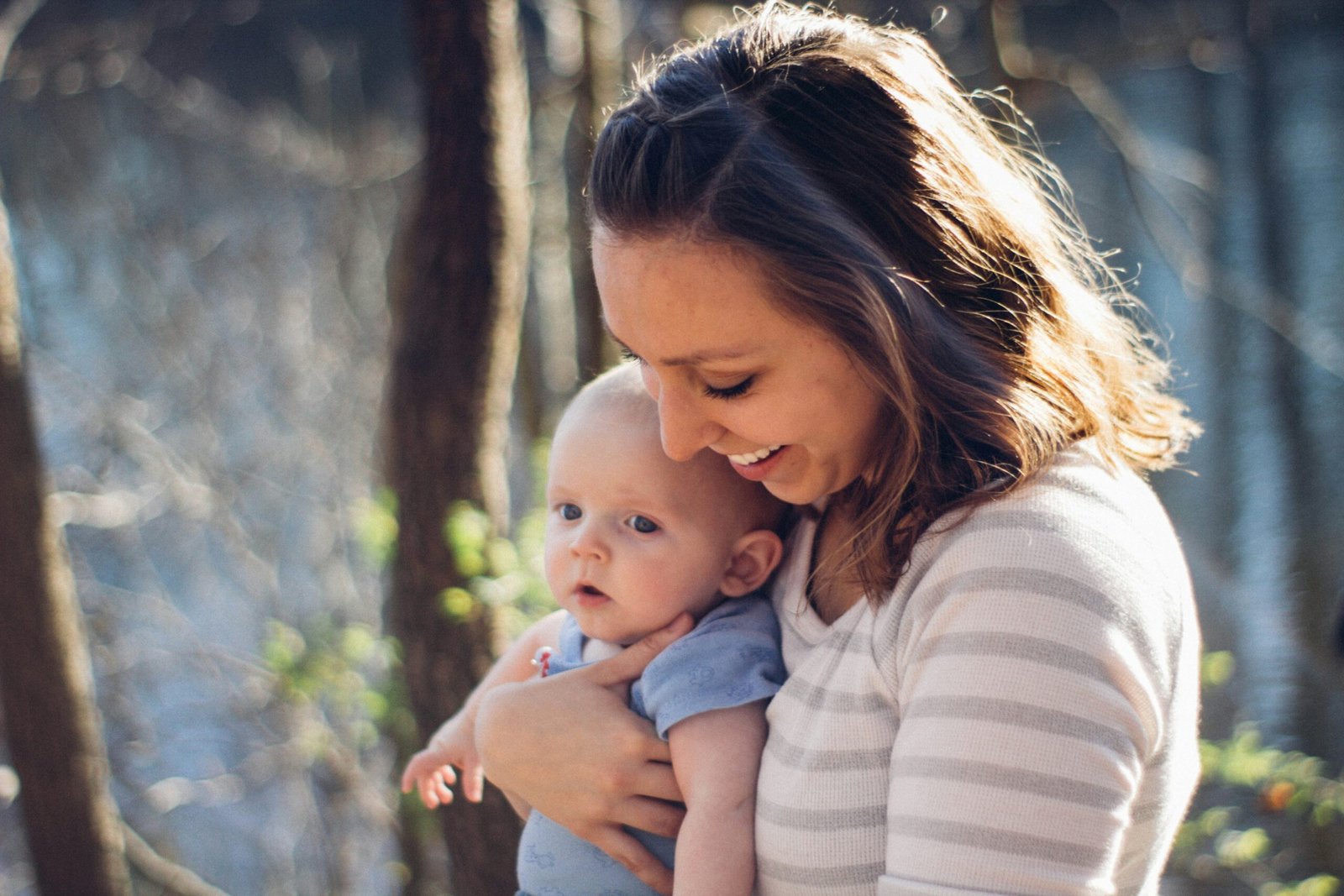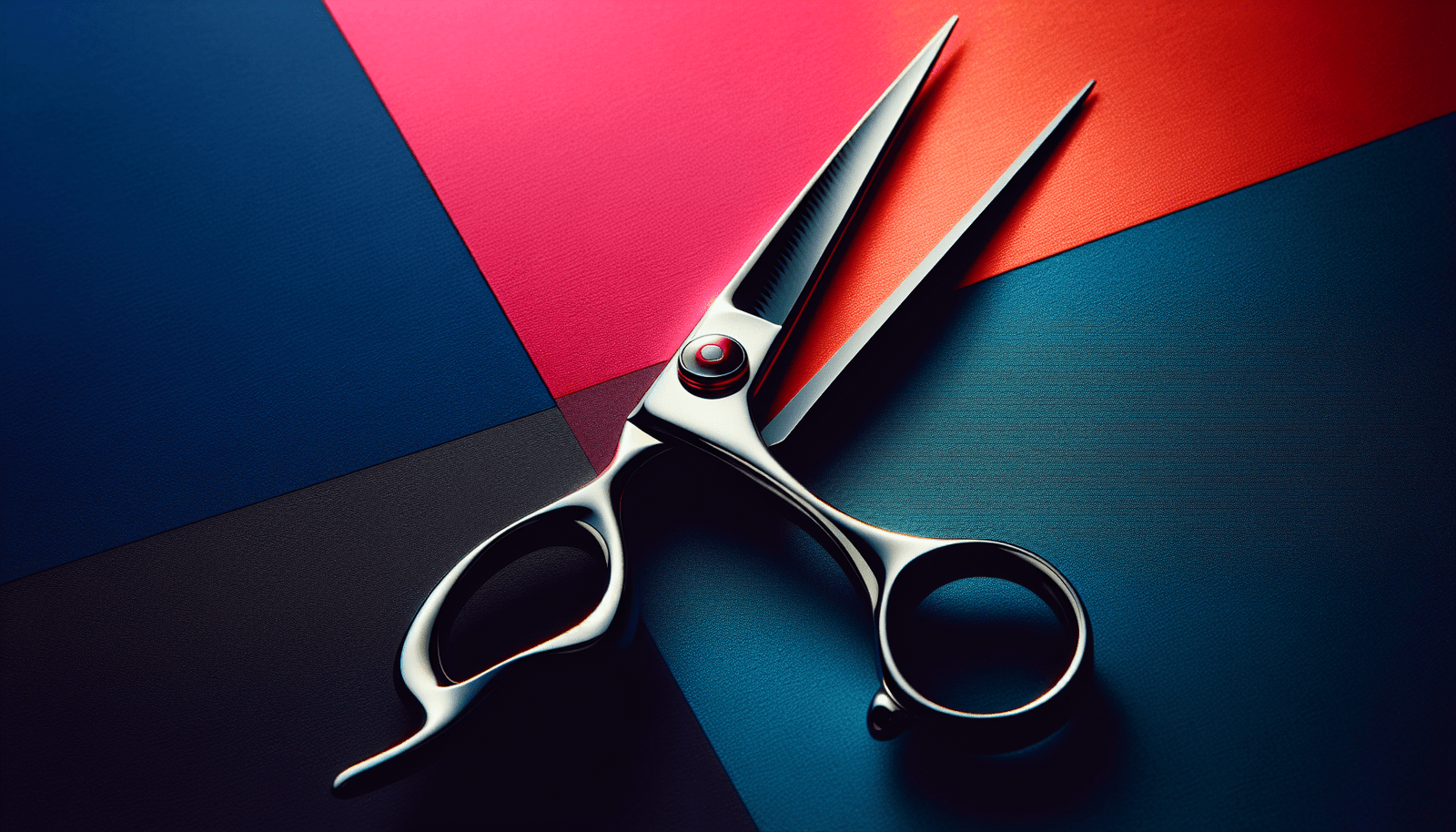Imagine the joy and excitement of watching your little one discover the world of play and exploration. As a parent, you eagerly anticipate the day when your baby will start engaging with toys, but how soon can you expect this delightful milestone? From the early months of your baby’s life, they will gradually develop the cognitive and motor skills necessary to interact with toys. While every child is unique, it is typically around the age of three to six months that you might start seeing signs that your baby is ready to engage with toys. In this article, we will explore the various stages of play development and provide helpful tips to foster your baby’s love for toys. Get ready to witness the sheer delight on your little one’s face as they embark on their captivating journey into the world of play!
When Will My Baby Start Playing With Toys
As a parent, you may find yourself eagerly anticipating the day when your baby begins to play with toys. Watching your little one interact with different objects can be both exciting and heartwarming. But when will your baby start engaging in this delightful playtime? Let’s explore the developmental stages when babies typically begin playing with toys and how you can support their growth through play.
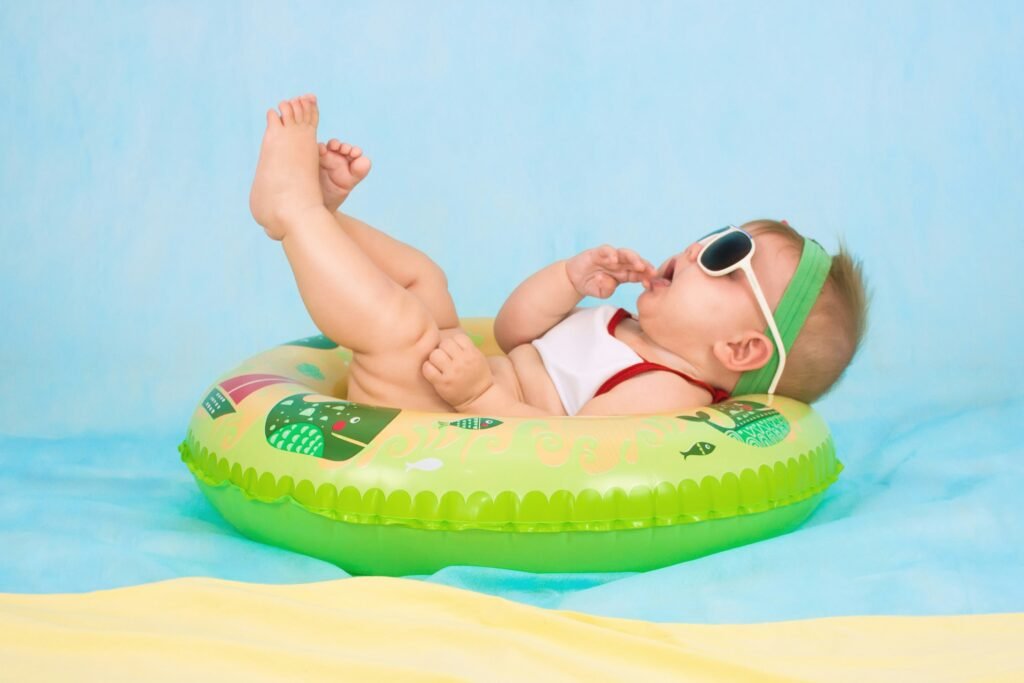
Check Baby Toys Guide & Review
Development of Motor Skills
Before we dive into the specific ages when babies start playing with toys, it’s essential to understand the role of motor skills in their development. Motor skills are the abilities that allow babies to control their muscles and coordinate their movements. These skills are crucial for playing with toys effectively.
From birth, babies start developing their motor skills, beginning with simple reflexes like sucking and grasping. As they grow, their motor skills become more refined, enabling them to interact with the world around them. Playing with toys helps babies master these skills and prepares them for further cognitive and physical development.
First Few Months: Observing and Exploring
In the first few months of life, your baby is mainly focused on observing and exploring their environment. At this stage, they may not actively engage in playing with toys but instead enjoy watching objects and people around them. Simple toys with bright colors, different textures, and soft sounds can catch their attention and stimulate their senses.
Consider placing a mobile above your baby’s crib or a play gym within their reach. These visually stimulating toys can encourage your little one to focus, track movement, and start making connections between cause and effect.
Around 3 Months: Grasping and Banging
Around three months of age, your baby’s hand-eye coordination starts to improve, and they begin discovering the power of their grasp. At this stage, they may show interest in reaching out for objects, grasping them, and banging them together. Simple rattles, soft toys, or textured balls are excellent choices to introduce to your baby during this phase.
Playing with these toys not only enhances their sensory experiences but also assists in developing their fine motor skills. Encourage your baby to explore different textures, shapes, and sizes of toys, allowing them to practice their grasping and coordination skills.
Around 6 Months: Reaching and Mouthing
By six months, your baby’s motor skills have acquired more control, and their hand-eye coordination has significantly improved. At this stage, they will become more adept at reaching out for objects that catch their attention. They will also explore the world through mouthing objects, as this is a natural way for babies to learn about their surroundings.
Introduce toys that are safe for mouthing, such as teething rings or cloth books with different textures. These toys will not only engage your baby’s senses but also aid in their teething process. Be mindful of choosing objects with no small parts that could present choking hazards.

Around 9 Months: Manipulating and Stacking
As your baby approaches their first birthday, they will likely begin exploring toys in more creative and imaginative ways. Around nine months, their ability to manipulate objects improves, and they start experimenting with stacking toys or simple puzzles. These toys provide an excellent opportunity for your baby to practice their problem-solving skills and fine-tune their hand-eye coordination.
Introduce toys like stacking cups, shape sorters, or nesting blocks. These toys will stimulate your baby’s curiosity, encourage cognitive development, and enhance their fine motor skills. Celebrate their accomplishments as they master new ways of playing with these interactive toys.
Around 12 Months: Sorting and Nesting
Around their first birthday, you may notice your baby becoming more interested in sorting and nesting toys. Their cognitive abilities are growing rapidly, and they enjoy organizing objects based on their shape, color, or size. Toys that allow for stacking, nesting, or sorting by category are perfect for this stage.
Puzzles with chunky pieces, shape-sorting toys, or building blocks are excellent choices to engage your little one’s problem-solving abilities. These toys encourage logical thinking, spatial awareness, and fine motor skills development.

Around 15 Months: Pretend Play
By around 15 months, your child may begin engaging in pretend play. This stage marks an exciting milestone as their imagination starts to flourish. Your little one may enjoy imitating everyday activities like feeding a doll, talking on a fake telephone, or pushing a toy cart.
To support your child’s pretend play, provide them with toys that mimic real-life objects, such as toy kitchen sets, dolls, or toy tools. These toys foster creativity, language development, and social skills as your child learns to imitate real-world scenarios and express themselves through play.
Factors Affecting Toy Play
It’s important to remember that every child develops at their own pace, and there can be variations in when they start playing with toys. Factors such as temperament, environment, and opportunities for play can influence a child’s interest and readiness for engaging with toys.
Some babies may show earlier or more advanced motor skill development, while others may require more time or encouragement to explore toys. The key is to provide a supportive and stimulating environment that allows your baby to naturally progress through their developmental stages.
Importance of Play in Development
Play is an essential aspect of a child’s development, as it supports their cognitive, emotional, social, and physical growth. Through play, babies learn vital skills like problem-solving, imagination, communication, and self-regulation.
When babies engage in play, they are actively exploring and making sense of their surroundings. They learn about cause and effect relationships, practice their motor skills, and develop their understanding of object permanence. Playtime also serves as a bonding opportunity for parents and babies, fostering emotional connection and trust.
Choosing Age-Appropriate Toys
Selecting age-appropriate toys is crucial to ensure your baby’s safety and support their developmental needs. Always consider the recommended age range on toy packaging and opt for toys that align with your baby’s current abilities and interests.
Look for toys that stimulate the senses and provide opportunities for exploration and problem-solving. Choose toys made from safe materials with no small parts or sharp edges that could pose risks. Additionally, consider toys that encourage open-ended play, allowing your baby to use their imagination and creativity to the fullest.
In conclusion, every baby reaches different milestones at their own pace, including when they start playing with toys. By understanding the developmental stages and providing age-appropriate toys, you can support your baby’s motor skills, cognitive abilities, and imagination. Embrace the joy of watching your little one grow and learn through play, creating precious memories along the way.

